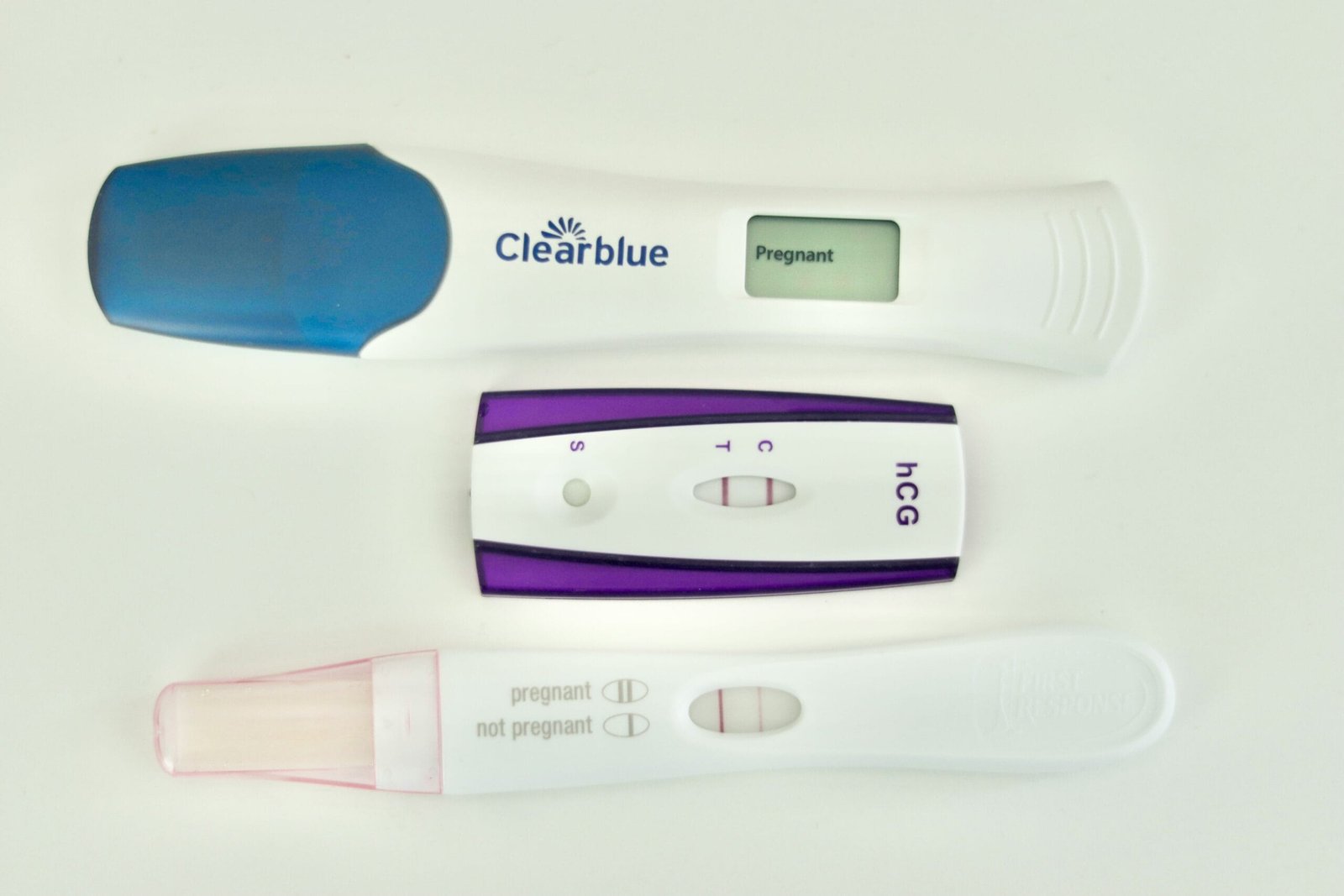Fertility is influenced by a wide range of physical, lifestyle, and environmental factors that can affect both men and women. Age, overall health, and hormonal balance all play a major role in the ability to conceive. Understanding the key factors that impact fertility from nutrition and stress levels to medical conditions and daily habits can …
Introduction to Fertility Awareness Fertility awareness is a vital aspect of reproductive health that involves understanding the signs and indicators of fertility within an individual’s menstrual cycle. Recognizing these signs can significantly empower those who are trying to conceive, allowing them to identify their most fertile periods and enhancing their chances of successful conception. Awareness …
Introduction to Sleep Regression Sleep regression is a common phenomenon that affects many infants and toddlers, typically manifesting as temporary disruptions in their sleep patterns. These regressions can occur at various developmental stages, with many parents noticing significant changes around 6 months, 9 months, 12 months, 15 months, 18 months, and even 24 months. Understanding …
As a parent, you want to choose the safest and healthiest options for your baby, but when it comes to toys, you might wonder, Are Plastic Toys Bad for Babies? With concerns about chemicals like BPA, phthalates, and microplastics, many parents question whether plastic toys pose health risks. While some plastic toys are made with …
Understanding Autism: The Basics Autism, or Autism Spectrum Disorder (ASD), is a developmental condition that influences how individuals perceive and interact with the world around them. It is characterized by various differences in social communication, sensory processing, and behavior. Understanding these aspects is crucial for effectively conveying information on how to explain autism to a …
If you’re trying to conceive, making small but meaningful lifestyle changes can significantly improve your fertility. From eating a nutrient-rich diet to managing stress and optimizing your sleep, natural methods can enhance reproductive health for both men and women. Understanding how your body works and what influences fertility can help you take the right steps …
Understanding the Menstrual Cycle The menstrual cycle is a complex physiological process that typically lasts around 28 days, although variations can occur. It consists of several distinct phases: menstruation, the follicular phase, ovulation, and the luteal phase. Each phase is driven by intricate hormonal changes that significantly impact fertility and the potential for conception. Menstruation …
Trying to conceive can be an exciting yet challenging journey, and while many focus on what to do to boost fertility, it’s just as important to know what to avoid. Certain lifestyle habits, environmental factors, and even dietary choices can unknowingly hinder your chances of getting pregnant. From excessive stress to poor nutrition and exposure …
Understanding Pregnancy Tests Pregnancy tests are essential tools for individuals seeking confirmation of a potential pregnancy. There are two primary types of pregnancy tests: urine tests and blood tests, each serving distinct purposes in detecting pregnancy. Urine pregnancy tests, commonly available in pharmacies, provide a private and convenient means of testing. These tests work by …
Getting pregnant is an exciting journey, but it often comes with questions, planning, and patience. Understanding your body, tracking ovulation, and making healthy lifestyle choices can play a major role in improving your chances of conception. Learning what to expect before trying to conceive from medical checkups and nutrition to timing and fertility awareness can …









